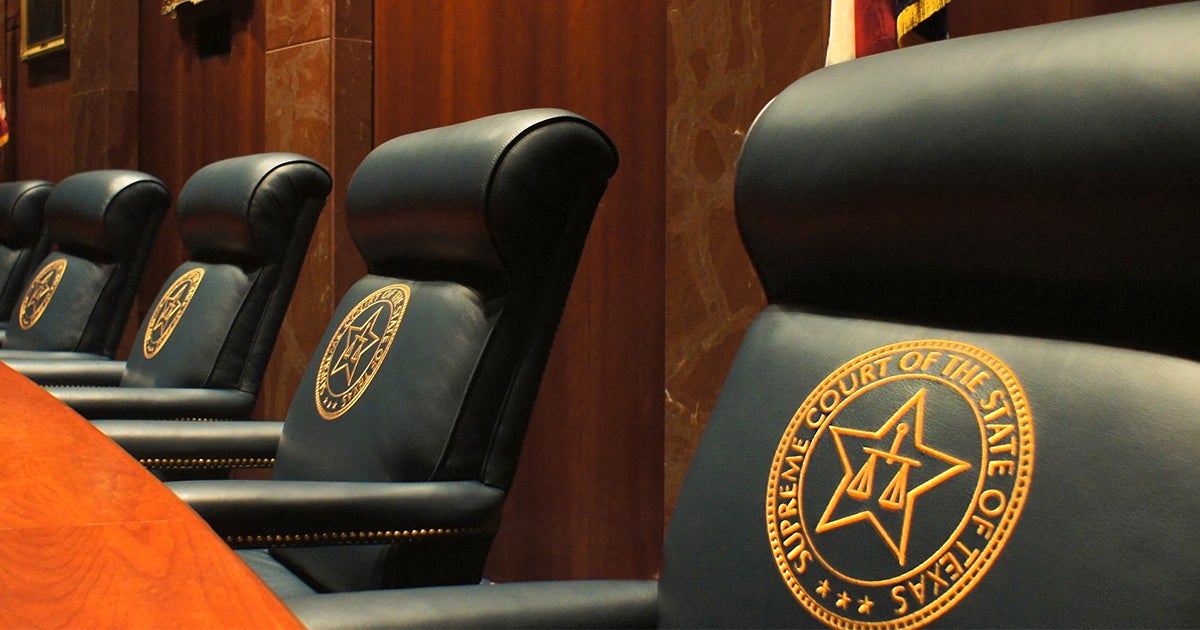
by Jorge Gomez • 3 minutes
In a major victory for religious freedom, the Texas Supreme Court recently updated the state’s judicial code to ensure that judges are not forced to perform wedding ceremonies that violate their religious beliefs.
The state’s high court published a comment clarifying that “it is not a violation of these canons for a judge to publicly refrain from performing a wedding ceremony based upon a sincerely held religious belief.” The order, which became effective immediately, was signed by all the justices.
“We commend the nine justices on the Texas Supreme Court for enshrining this language in the state’s Code of Judicial Conduct,” said Hiram Sasser, Executive General Counsel at First Liberty. “This is a tremendous victory that protects the religious liberty of all judges in the state.”
On cue, politicians, activists and countless media outlets were quick to criticize the move, claiming it would undermine the rights of the LGBTQ community and allegedly lead to widespread denials or refusals of same-sex marriages.
That, of course, is simply not true. The rule change simply means the State’s Commission on Judicial Conduct cannot sanction judges who decline to perform specific weddings based on a religious objection.
Many judges in Texas, authorized by law, conduct marriages as a service to their communities. In the event a judge cannot officiate a ceremony based on religious objections, there are many other cost-efficient and accessible solutions with other judges and low-cost providers
Everyone may still marry as before. The new rule makes sure no judge is punished—or worse, forced to choose between their sincerely-held religious beliefs and their career.
The action was prompted, in part, by a case pending at the 5th U.S. Circuit Court of Appeals. Brian Umphress, a county judge, brought a lawsuit challenging the state code of judicial conduct. He argued he faced a threat of discipline because he declines to perform same-sex weddings based on his religious beliefs.
Since the case involves state law, the federal appeals court asked the Texas Supreme Court to clarify this question: “Does Canon 4A(1) of the Texas Code of Judicial Conduct prohibit judges from publicly refusing, for moral or religious reasons, to perform same-sex weddings while continuing to perform opposite-sex weddings?”
The 5th Circuit issued its opinion and question in April. On October 24, the state Supreme Court issued the update.
“Judges are human and face tremendous cultural pressures to conform to the liberal worldview,” Sasser added. “Thankfully, we have justices on the Texas Supreme Court who faithfully apply the law, regardless of that kind of pressure from the liberal papers.
“The Texas Supreme Court got it right with this important victory for religious freedom,” said Jonathan Saenz, President and Attorney for Texas Values, echoing that sentiment. “In a state where religious freedom is widely supported, it’s common sense that a judge should not be punished for sincerely held religious beliefs.”
The justices placed principle above politics. And by doing so, they protected the religious liberty of thousands of public officials in the Lone Star State.
Read More: